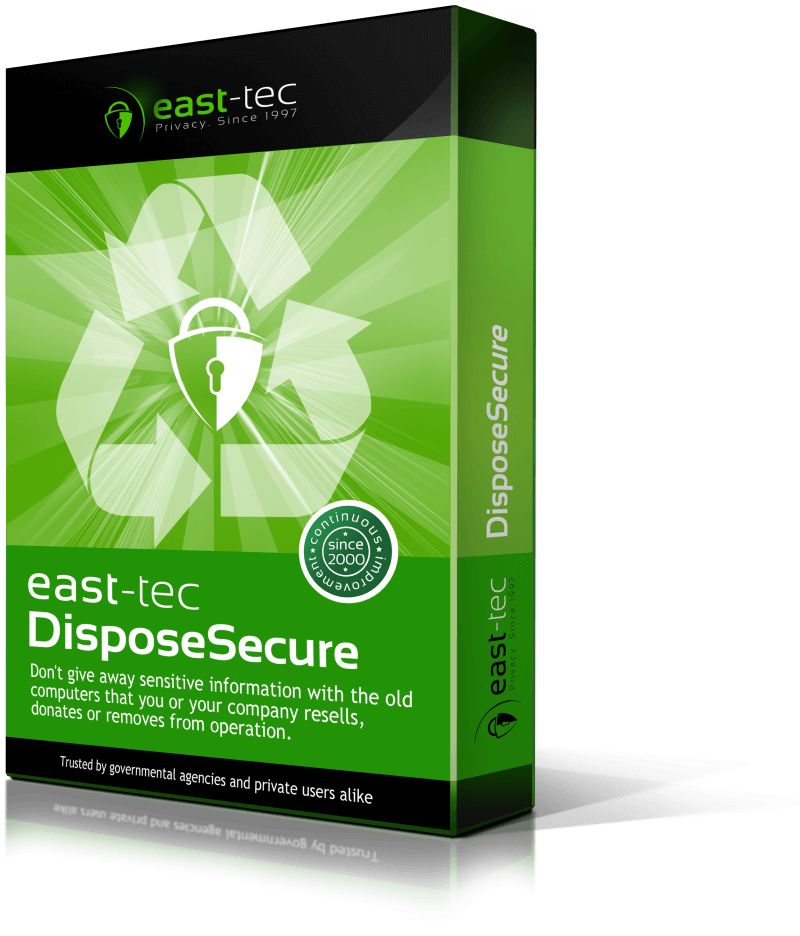When you give away, donate or resell your old computer
Completely erasing your hard drive before giving your old computer away makes sure that no one will have access to your private data.
When recycling computers, as an IT recycling company
If you are recycling computers on behalf of your clients, you need to make sure all their data is gone before giving the computers away. You can also issue a certificate to your clients, to prove the computer has been wiped off completely.
When reassigning the computer to another department
If your manager gave you a new computer, but the old one was reassigned to another department, to avoid any data leaks a complete erasure of your hard disk is imperative.
When you need to do a clean system reinstall
Got a virus or your system is slowing down? It's time you backup your data, clean everything and reinstall the operating system. Completely erasing your hard drive makes sure the virus is gone and the system will work again.
When you want to be compliant with Privacy Laws
There are numerous and strict industry standards and GOV regulations in place that force organizations to securely delete electronic records making them unrecoverable prior to device disposal or repurposing. Failure to comply can result in fines and damage to company reputation, as well as civil and criminal liability.
Some examples of such regulations in the United States include HIPAA (Health Insurance Portability and Accountability Act); FACTA (The Fair and Accurate Credit Transactions Act of 2003); GLB (Gramm-Leach Bliley); Sarbanes-Oxley Act (SOx); and Payment Card Industry Data Security Standards (PCI DSS), then there are the European Union Data Protection Directive and the examples may continue with a very large number of acts worldwide.

